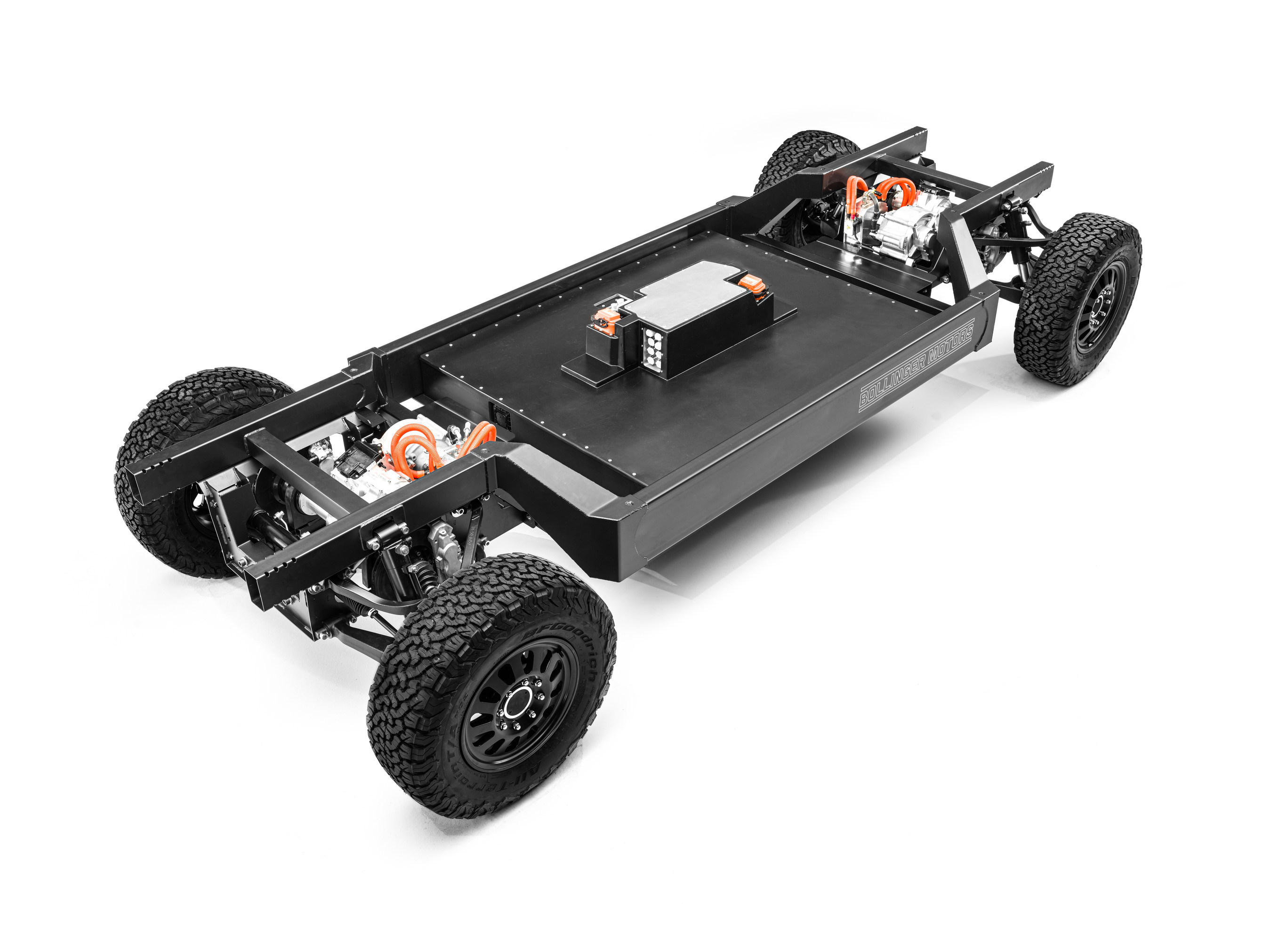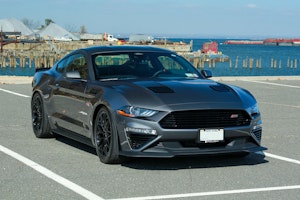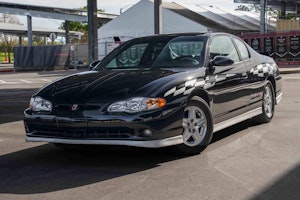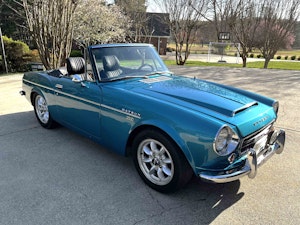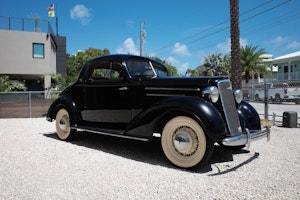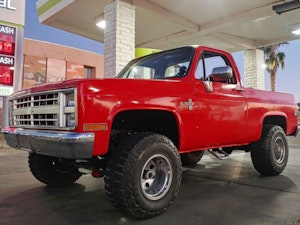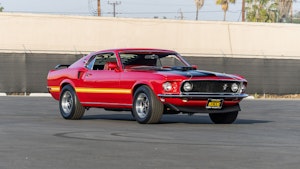Media | Articles
This is Bollinger Motors’ patent-pending 180 kWh EV chassis
Most automotive industry suppliers have built some sort of modular EV platform prototype by now. Williams Advanced Engineering made a fancy one using composites with integrated air-cooling, but there are also the more mainstream offerings of GKN, Bosch, Continental, and others. Startups also need to make a return on their investments, and that is why Rimac is sharing its C_Two technology with Pininfarina for the Battista.
Then, there’s Bollinger Motors, the American EV truck company that set out to give you the last truck you’ll ever need. The only problem is that, no matter how cool and innovative Bollinger B1s and B2s may be, their $125,000 starting price puts them well above many truck buyers’ budgets. Perhaps sensing this, Bollinger is now investigating patenting its 180 kWh-capable, and 5000-pound-payload-ready EV chassis, which is claimed to be the world’s first Class 3-ready electric platform.


CEO Robert Bollinger says that when the company built its first Class 3 B1, it knew there was a commercial aspect to the platform, and that not only cab-on-chassis but entirely new truck bodies could be fitted to its E-Chassis. Now, that door is open, with the Bollinger E-chassis offering the following features:
- A 120 kWh battery pack that can grow to 180 kWh as an option
- Dual motors, all-wheel drive
- Portal gear hubs
- 5000-pound payload
- Ultra-low center of gravity with easily adjustable wheelbases
- Hydraulic anti-lock power brakes (ABS)
- Electronic traction and stability control
- Hydraulic power steering
- Hydro-pneumatic self-leveling suspension
- Independent front and rear suspension
- 5–15 kW on-board charger/inverter
- Complete power system controls, integrated thermal-management system
- Class 3 regulation compliant, which means it’s ready for heavy-duty, high-load truck, and other commercial applications
The question remains what else would Bollinger, or another buyer, build on this as the B1 and B2 roll closer to their 2021 delivery dates. Having portal axles and 120–180 kWh onboard without compromising cargo space is a good start.
Marketplace
Buy and sell classics with confidence

